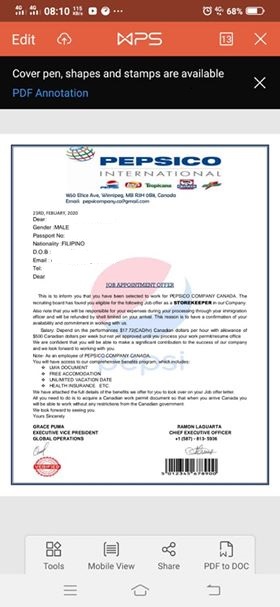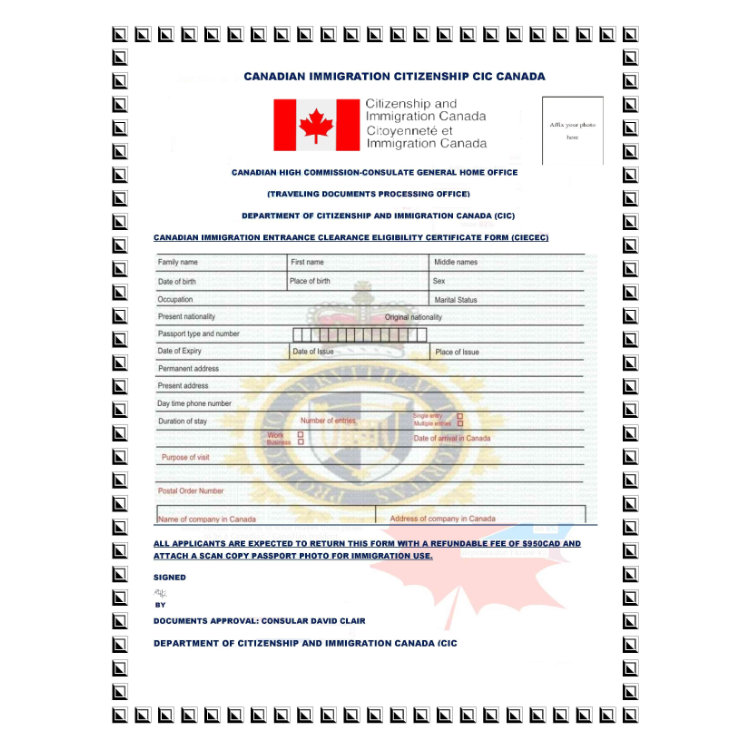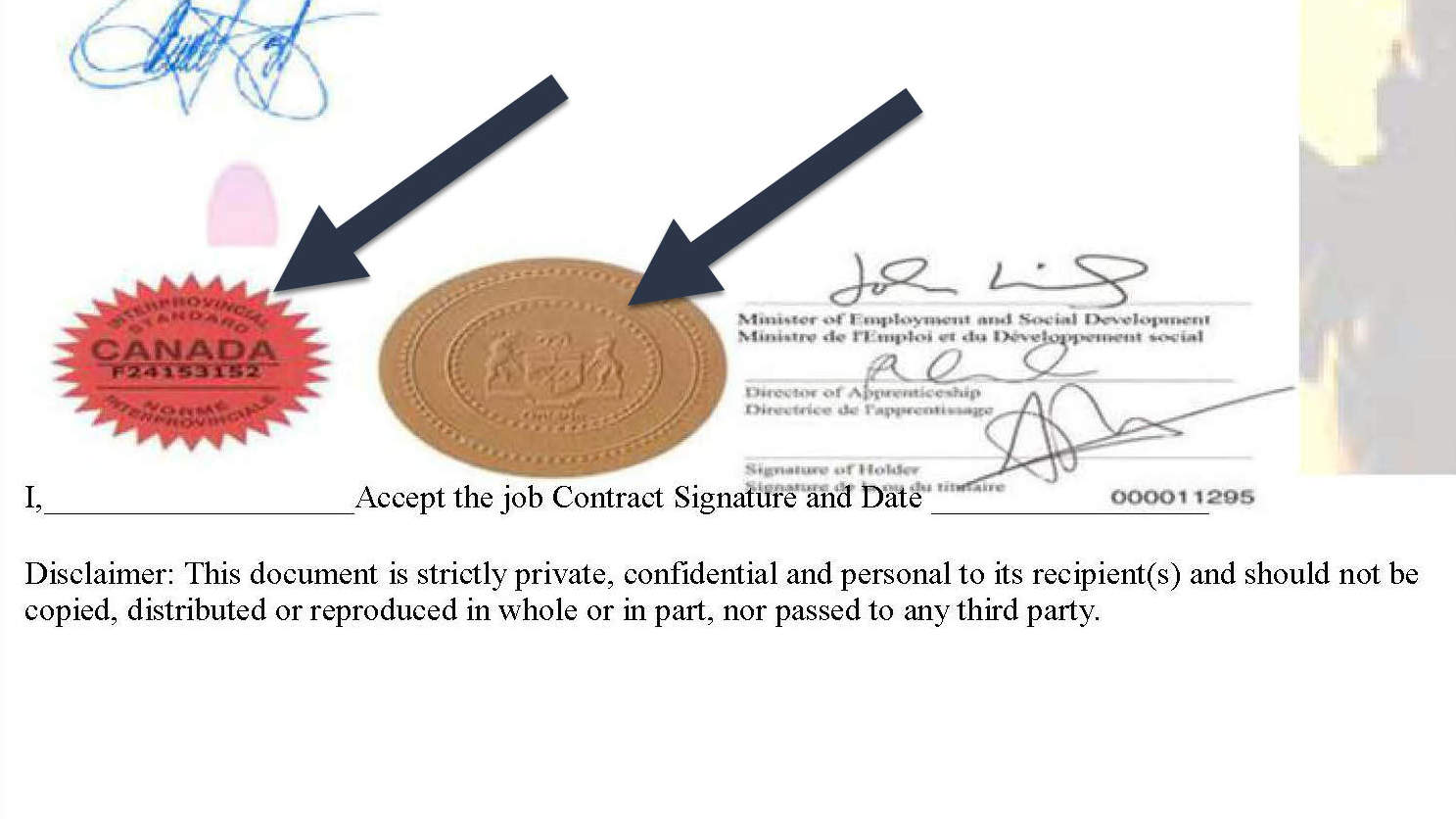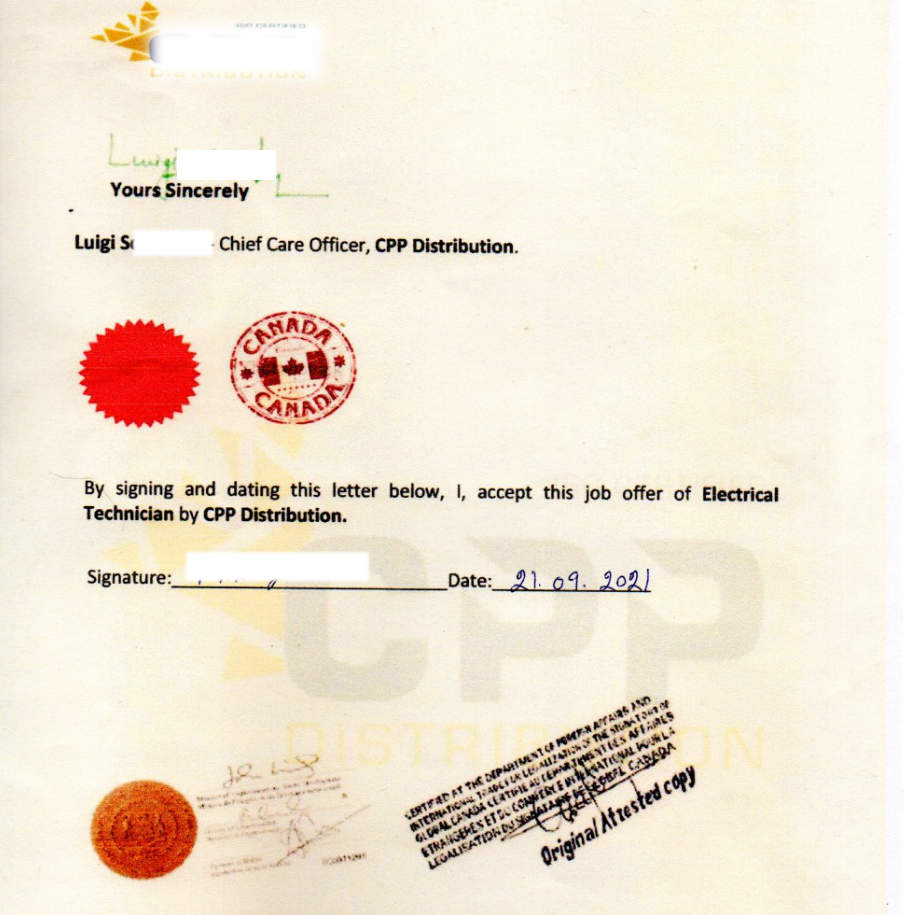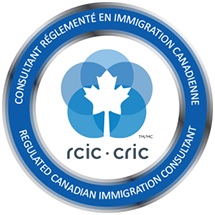Is My Immigration Consultant Fake? How to Watch Out for Scams

As the world slowly emerges from the various lockdowns and quarantines, immigration applications and procedures will kick back in and people who have been unable to travel to Canada, or even perhaps get key documents sent, will be relieved to be able to get their immigration process moving again.
But be careful.
We’re not referring to social distancing and other sensible measures, however, which you’ll obviously need to maintain as the threat of COVID-19 will likely be with us at some level and for some time.
No. What we’re telling you to be careful of is immigration scams. Fake consultants or unethical consultants or just plain email scams (called phishing) that send you to fake websites to collect personal data or to trick you into sending money to a personal bank account, usually overseas.
Want to know how to avoid being cheated, scammed, stolen from, or defrauded?
Read on.
The Scams Start Early in the Process
Your first experience with immigration fraud is often in your home country. Promises of a guaranteed job or guaranteed success in your immigration application are a sure sign of an offer that’s too good to be true.
So, the first thing you need to realize before you start listening to unrealistic offers, is an immigration consultant can never guarantee you a result. That’s not their job. Their job in reality is to offer the following services:
- Help you to understand your immigration options depending on your particular situation, including citizenship applications.
- Advise you on what your choices are and what some of the best immigration program might be in your case.
- Fill out and submit your immigration or citizenship application. This of course involves ensuring your documentation meets IRCC requirements, including everything from certified translations to educational credential assessments, medical checks, and police records and anything else that might be required documentation for your application.
- Communicate with Canadian immigration authorities on your behalf. This means receiving and answering all notifications, requests, announcements and any other correspondence that IRCC might send you.
- Represent you in any hearing involving an immigration or citizenship application.
Immigration representatives can advertise their services as well.
A paid immigration consultant should be registered with the ICCRC and be in good standing. Having a degree or diploma from a legitimate Canadian post-secondary institute is not enough. They have to take and pass the Full Skills Examination administered by the ICCRC in order to become a regulated consultant in Canada and to be registered with the ICCRC.
And again, to recap, these are some of the things immigration consultants cannot or should not do for you or ask of you:
- Guarantee you a job;
- Guarantee you a successful application;
- Guarantee you a faster response time from Canadian immigration authorities;
- Guarantee you a Canadian passport;
- Guarantee you permanent residence in Canada with PR status.
So when you receive similar, unrealistic offers from consultants who target you in your home country and who are often themselves located in your country and may even operate from legitimate premises, you should immediately understand that they may very well be cheating you. At the very least you need to look into their credentials and try emailing a registered consultant in Canada to get another opinion.
Scam Alert: Example for fake documents
Do you need more help?
Free option: Immigroup’s Forum has a section called ‘Is your document fake or real’. Post here and have the community help you.
Paid option: Hire Immigroup to help you with your immigration matters. Click here
What to look out for in a Fake Immigration Web Site
While some websites that try and trick you into giving them your personal data or even sending them money are poorly put together, others are more increasingly sophisticated operations. However, here are some telltale signs that the website pretending to belong to a legitimate immigration consultant is, in fact, a fake:
- Start with whether the website is a secure one with the little padlock image in the address bar just before the website’s url (the website’s address). No padlock or a strange address that is located in another country and is not a typical Canadian domain (i.e. not a .ca) is often a signal that something’s wrong.
- Look at the email and, in fact, Google the domain of the email address before you open any email from a consultant who contacts you out of the blue and whom you have never heard of before. All legitimate immigration consultants have email addresses at their websites for client use and will gladly answer your queries but will rarely contact you without a prior reason for doing so. Any email address that has an ending like @gmail.com or @hotmail.com rather than from a normal .com or .ca domain should cause suspicion on your part.
- Look for grammatical errors in the website. This may be a bit of challenge if your English language skills are not quite where you’d like them to be, but perhaps comparing the website’s language with legitimate websites of large Canadian businesses or the Canadian government might give you a clue that something is wrong.
- Look for suspicious means of payment. If a website asks you to pay via WhatsApp chat, for example, that should be a red flag. All legitimate immigration consultants have websites that use standard, secure payment systems usually through a business account at a Canadian bank or credit union.
- Be careful of websites that ask for payments for an application form. All application forms are available for free to download or to fill out online at IRCC’s website here.
- If a website purports to be an official Canadian government website but is only in English and has a URL that ends with something other than canada.ca or gc.ca then that should raise questions as well.
- The Immigration Consultants of Canada Regulatory Council (ICCRC) is the governing body for immigration consultants in Canada, although plans are underway by the current government to create a College of Immigration Consultants. You should always make sure that the website has a seal certifying that the consultant is a Regulated Immigration Consultant in good standing with the ICCRC. Go here to check out the names and registration number of the website’s listed consultants.
- You should also be aware that some fake websites copy the registration name and number of legitimate consultants and try to use it on their websites. Make sure you find the legitimate address and contact information from the ICCRC and check that against the information at the website.
- Another clue is a mistaken detail like a phone number that contains an incorrect area code. This can be researched fairly easily by going here or to similar sites to compare addresses (including Canadian postal codes) against the correct area codes.
- An additional fraudulent practice is to put the ICCRC Corporate Logo on a website rather than the immigration consultant’s Member Insignia. The ICCRC Corporate Logo is only used by ICCRC staff not by a regulated immigration consultant.
This is the corporate logo which you should NOT see at a professed member’s website:
This is the logo which you SHOULD see at a member’s website (the Member Insignia):
Ensuring your Immigration Consultant is Genuine
There are two types of immigration advisors – paid consultants and unpaid helpers. You may wish to have a family member who has lived in Canada or an acquaintance help you prepare an application, but only a paid consultant has the training and credentials to properly advise you, as well as to tell what cannot be guaranteed when you apply to IRCC, as we explained at the beginning of this article.
Having said that, you should always ensure that any paid consultant you decide to hire is genuine and has both the credentials and the experience and reputation to properly advise you. Here are some key tips to weeding out false or unethical consultants:
The first thing is to understand who can provide you with immigration consulting services for a fee in Canada. These are:
- Regulated Canadian Immigration Consultants (RCICs);
- Lawyers registered with one (or more) of Canada’s 13 law societies;
- Notaries registered with the Chambre des notaires du Quebec (in Quebec);
- Paralegals but only in the province of Ontario and they must be members in good standing of the Law Society of Upper Canada.
Any other professional title is not authorized to give paid advice on immigration.
- An RCIC must have completed and passed the Full Skills Examination administered by the ICCRC and be registered with them, as well as be in good standing with them. Go to the ICCRC’s website here to find contact information so that you can check your consultant’s standing and whether they’re registered with the ICCRC.
- If you aren’t asked to sign a contract or what is called a retainer agreement (where you agree to retain the services of a paid immigration consultant), then that should be a warning sign. Further, any contract/retainer agreement should have the consultant’s full legal name and registration number clearly visible on the contract.
- A paid immigration consultant (and even an unpaid one) who is going to advise and represent you before the IRCC should always have you complete IMM 5476 Use of a Representative form which you must both sign. If they do not, that’s a warning sign. Another red flag is when the immigration consultant declares they are a family member or friend rather than a credentialed paid consultant when completing their part of the form.
- As for immigration application forms (of which you will usually have to fill out several in any given application process), make sure you NEVER sign a blank form, or sign a form with false and/or misleading information that the consultant tries to persuade you is necessary to “speed up” your application. Giving false or misleading information to the IRCC can get you banned from travelling to or immigrating to Canada for a number of years.
- Furthermore, your immigration consultant should always give you copies of any forms you have filled out and signed for your own records.
- All licensed immigration consultants must have Error & Omissions Insurance (O&E Insurance). You should always assure your consultant has this.
- If a consultant asks you for a cash payment that should also be a warning sign. You should always pay by the following means:
- Bank cheque
- Credit card
- Debit card (on a Canadian bank is preferable).
These are all traceable forms of payment which you can prove in a dispute using your bank statements or credit card statements where the specific payments appear. As well, make sure you get receipts for any payment made to your consultant.
- If your consultant charges you a fee for a job placement you should ensure they are a qualified recruiter who is licensed by their provincial body to provide job placement services. An immigration consultant is NOT authorized to offer paid job placement services as they are NOT licensed recruiters.
- If someone who is a travel agent or an educational agent or a recruiter offers you immigration services, for example as part of an overall package deal, you must make sure that they are also licensed immigration consultants as described above.
- Any immigration consultant who professes to have “contacts” at IRCC or elsewhere in the Canadian government that will help speed up your application is a shameless liar. Canada doesn’t work that way.
- If an immigration consultant does not have the experience and knowledge to handle a particular form of immigration applications or other services, they are bound by the ICCRC’s Code of Conduct to tell you so. If you find that a consultant has trouble answering your questions about whatever immigration process you are interested in, that should give you pause.
While the tips we’ve just shared with you are numerous and might cause some concern, you should understand that the overwhelming majority of licensed immigration consultants are hard-working professionals with years of experience. What you need to do is ensure that any paid consultant you choose is one of those and not one of the rare bad apples which unfortunately occur in every profession. Take a little time to do your own homework before hiring a consultant and you will assure yourself of a much smoother process.
But remember, no one can guarantee you an outcome when it comes to an immigration application. That’s up to the immigration officials with the government of Canada and the policies, rules, and regulations they are legally mandated to uphold. What a good consultant can do is to help you choose the right immigration channel and ensure your application is complete and accurate and presented in the best (but always accurate) way.
